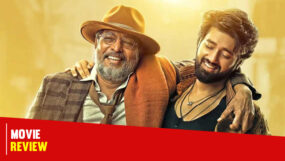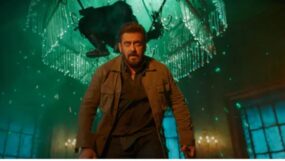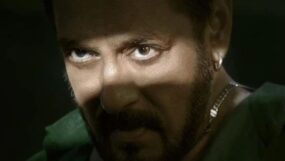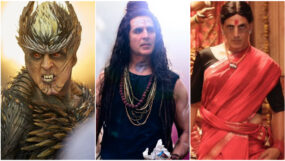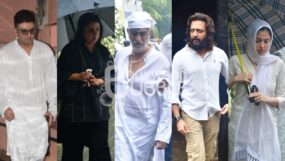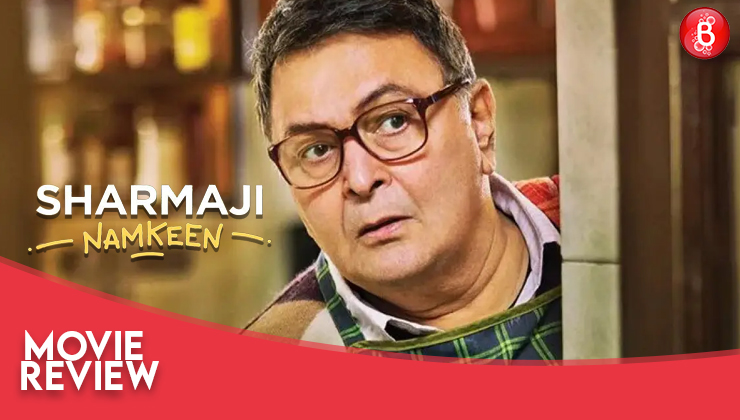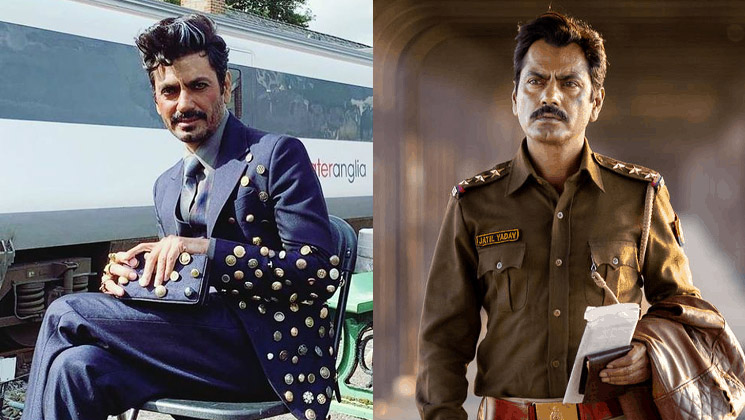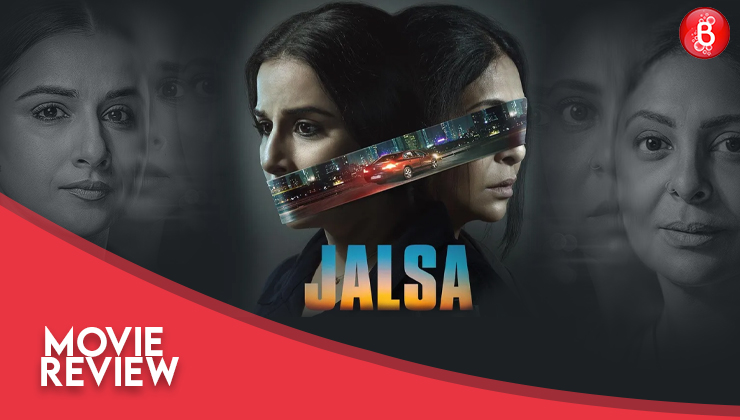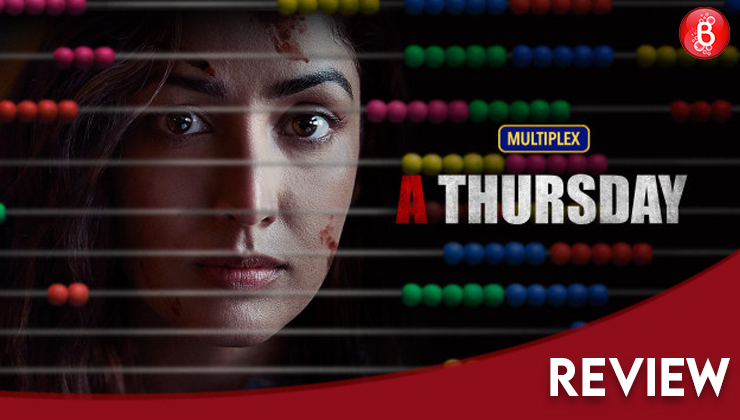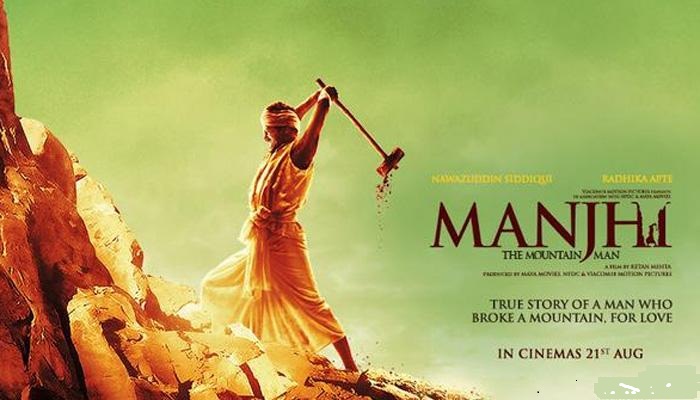
Directed by: Ketan Mehta
Produced by: Nina Lath Gupta, Deepa Sahi
Cast: Nawazuddin Siddiqui, Radhika Apte, Tigmanshu Dhulia, Pankaj Tripathi, Gaurav Dwivedi, Ashraf Ul Haque, Jagat Rawat and Deepa Sahi
Duration: 2 hours 00 minutes
Bollywood Bubble Rating: 4/5
Inspired by a true story, “Manjhi – The Mountain Man” is a stirring tale of an unsung hero, Dashrath Manjhi (Nawazuddin Siddiqui), the man who single handedly cut a mountain to pave a path from his village Gehlore to the nearest town, Wazirganj near Gaya in Bihar.
It is a tale of romance and revenge, determination and grit, often compared to the Mughul Emperor Shah Jahan’s love for his wife Mumtaz Mahal. But unlike Shah Jahan, Dashrath was a mere casual labourer who was often scoffed at as ‘pagla’, an obstinate fool.
After an unfortunate accident in 1960 in which Dashrath lost his wife, Phaguniya (Radhika Apte), he plunges into his mission which, like the Taj Mahal, took him nearly 22 years to complete.
Ketan Mehta’s depiction of the tale begins with Dashrath in soiled and blood-soaked attire standing on an elevated highland before the mighty mountain seething with anger and swearing to avenge nature for being the cause of his wife’s death.
The story unfolds seamlessly, in a non-linear manner revealing Dashrath’s past, present along with his dreams and fantasy. The screenplay brilliantly captures the socio-political scenario that includes the caste and feudal caste-system, the careless and corrupt functioning of the bureaucrats and the callous government.
And as the drama unfolds with stimulating and realistic performances, it is a treat to watch Nawazuddin Siddiqui in a physically strenuous role slipping into Dashrath’s cloak with ease. He does go overboard in a few scenes, but with his rugged appearance and obviously natural histrionics, he steals the show with his simplicity.
He is accompanied by Radhika Apte as his wife Phaguniya, who is the raison d’être of his obsession. She brightens up the screen with her bubbly demeanour and together they make a charming pair.
Of the supporting cast, it is Ashraf Ul Haque as Dashrath’s father Magru, who leaves an indelible mark as an actor. Also, the producer Deepa Sahi in a cameo as Indira Gandhi, is striking. And the rest of the cast are simply superb, delivering stereotypical characters to perfection.
The dialogues are everyday speech, packed with life’s lessons. His “Shandaar, zabardast, zindabad” becomes a signature dialogue that is recurrent during the latter part of the narration. At times this feels unnatural and staged.
On a lighter note, after Dashrath completed his project, he is asked, “What message would you like to give the future generation”. He promptly responds with, “Bhagwan ke bharose pe mat raho, kya pata woh aap ke bharose mein baitha hai?” (Which simply means, “Don’t depend on god to complete your task, who knows, he may be depending on you to complete the task). It simply elicits chuckles.
On the technical front, mounted on a magnificent scale with great production values, each scene is well-crafted and painstakingly executed. While some of the scenes are overtly dramatic, the film buoys on a high pitch note.
The background score is haunting and the songs, “Gehlore ki goriha”, “O rahi” and “Dum kham” merge beautifully into the narration.
Cinematographer Rajeev Jain’s visuals are artistic and each frame is picture-perfect. Given the fine calibre of the visuals, some of the computer-generated images seem tackily done. They do not mesh well with the final flow.
Overall, it is a treat to watch “Manjhi – The Mountain Man”. It is a great film. You empathize with him, but unfortunately you don’t get emotionally involved. Probably the roots are too rural or there is something missing.
Inputs by IANS


